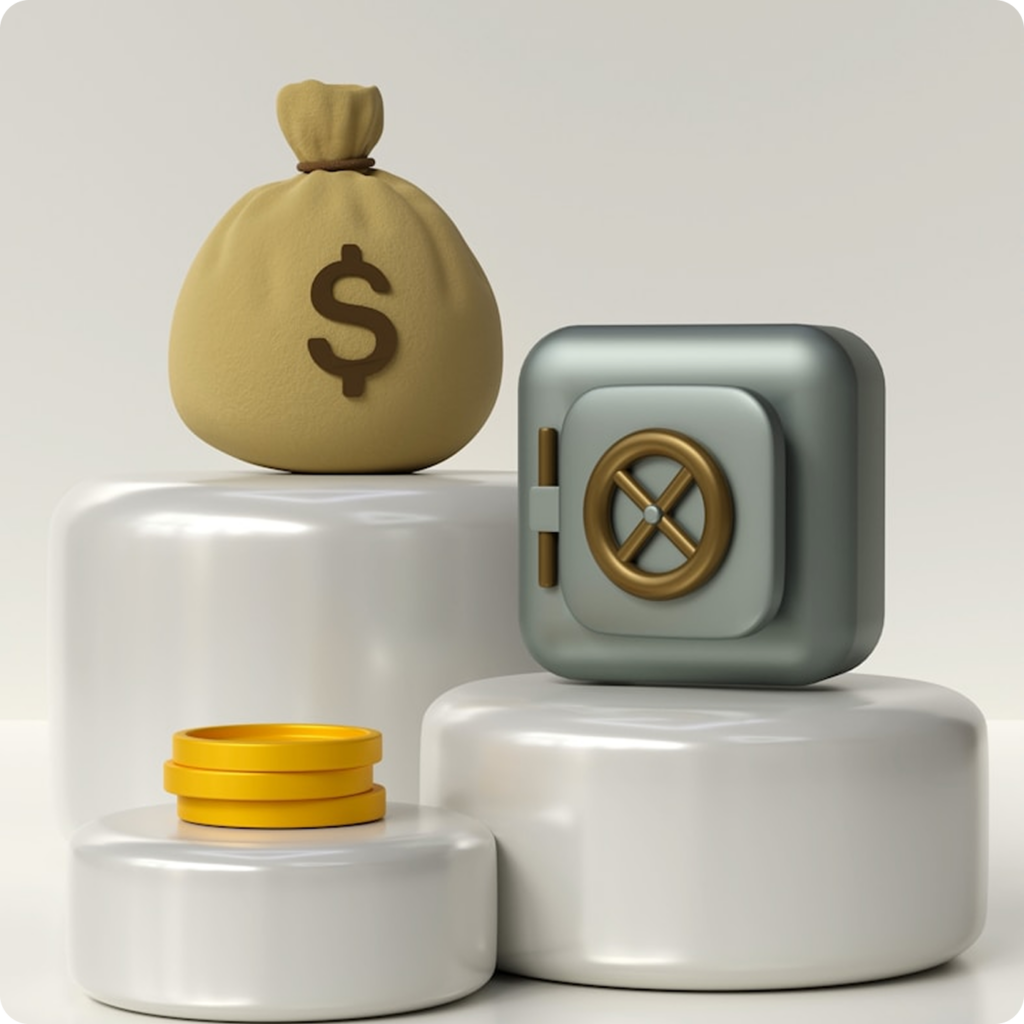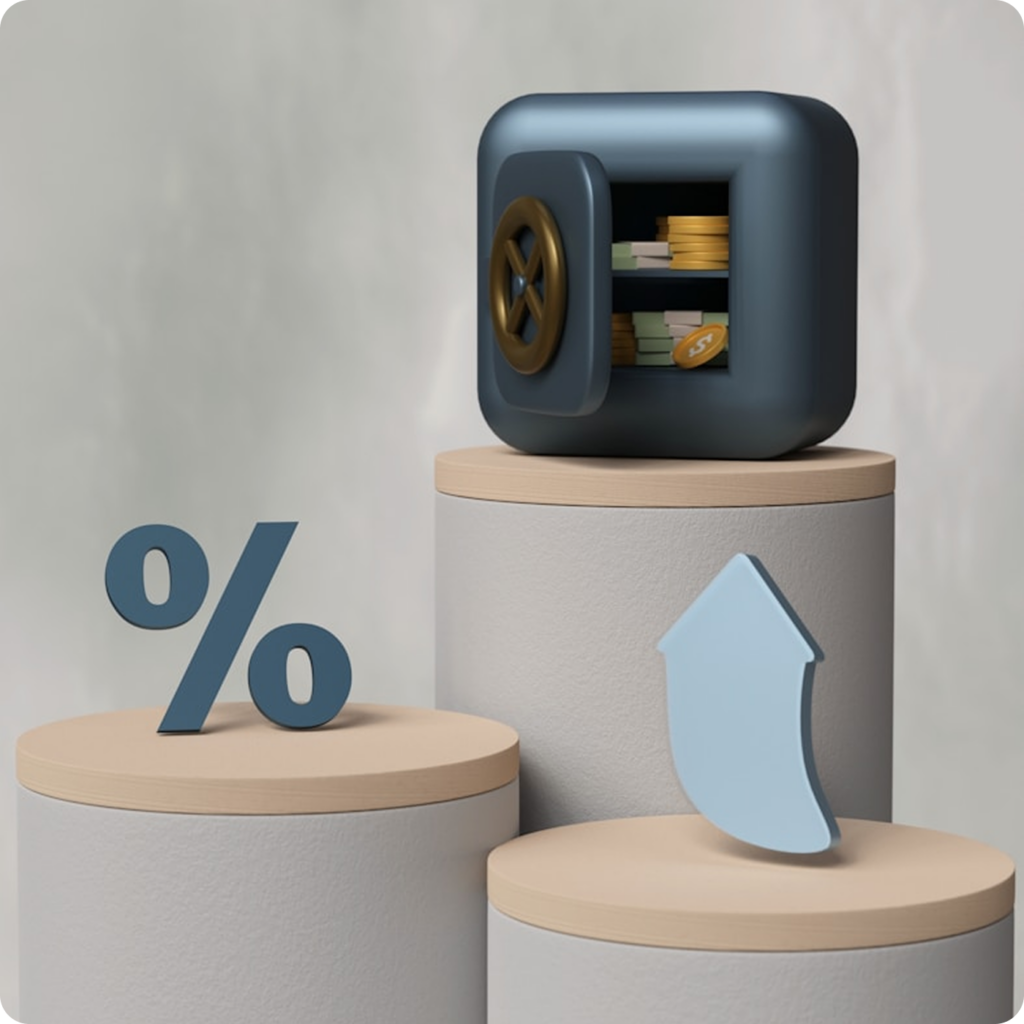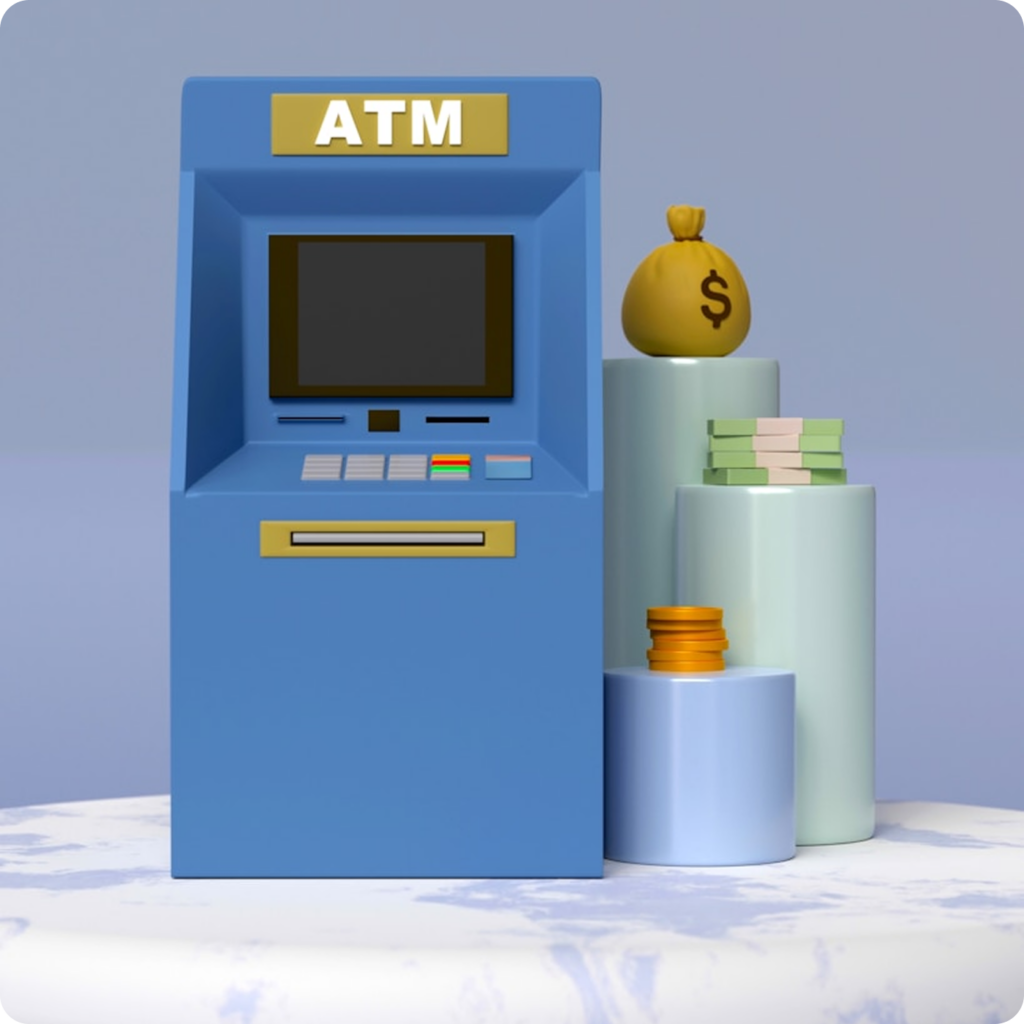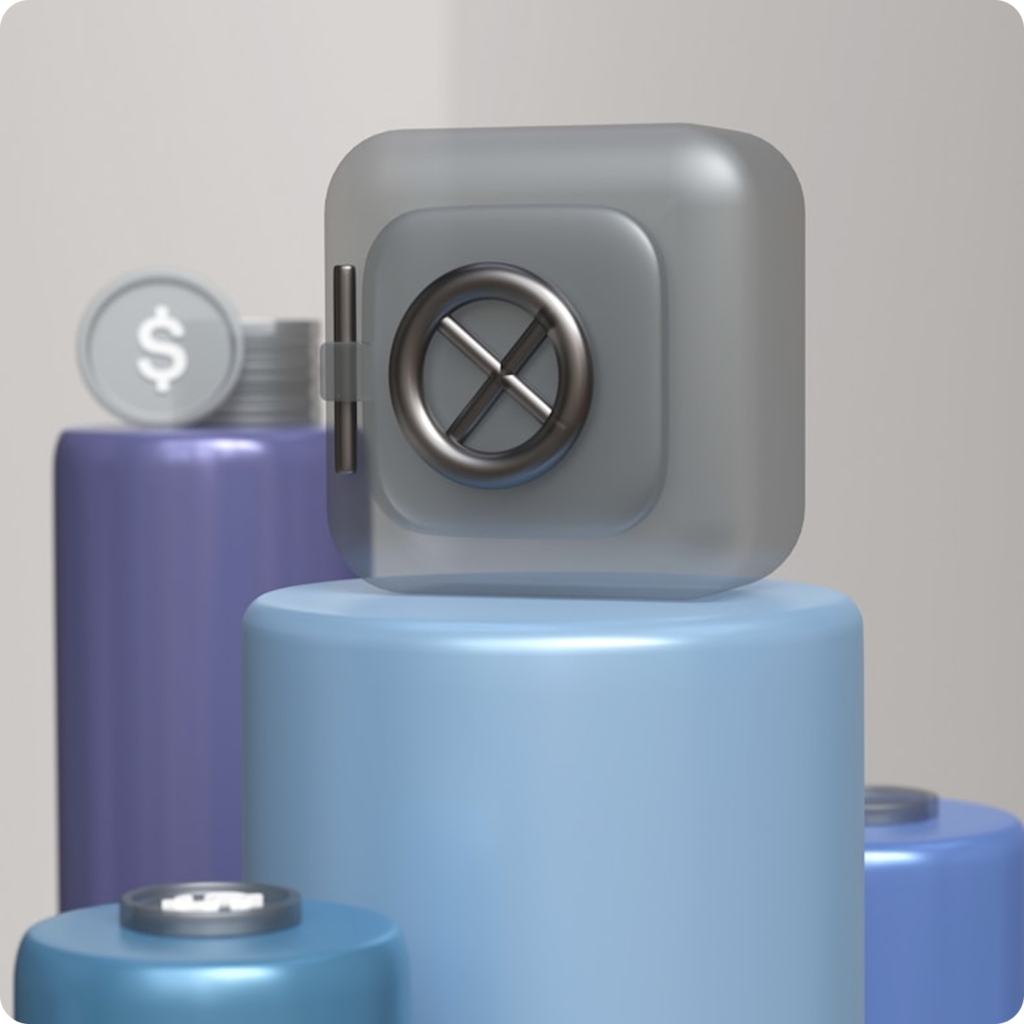Onward Tip: Opening a New Bank Account
Dealing with changing finances, or financial institutions? Both don’t need to cause further headache post divorce. While change can be hard, controlling and organizing your finances can give a sense of relief and empowerment. When choosing a new bank account, consider the following factors to ensure it meets your financial needs and preferences.

1. Type of Account
Determine which type of account fits your needs:
✅ Checking Account – For everyday transactions, bill payments, and direct deposits.
✅ Savings Account – To earn interest and build an emergency fund.
✅ Money Market Account – Offers higher interest rates than a standard savings account with some checking features.
✅ Certificate of Deposit (CD) – Provides a fixed interest rate for a set period but restricts access to funds.

2. Fees & Minimum Balance Requirements
Look for a bank that offers low or no fees for:
✔ Monthly maintenance fees
✔ Overdraft fees
✔ ATM withdrawals (especially if you travel)
✔ Wire transfers (if applicable)
✔ Minimum balance requirements
💡 Tip: Many online banks and credit unions offer fee-free checking and savings accounts with better interest rates.

3. Interest Rates & Rewards
For checking accounts: Some offer cashback on purchases or interest on your balance.
For savings accounts: Look for high-yield savings options to maximize your earnings.
For CDs: Compare rates across different banks to find the best return on your deposit.
💡 Tip: Online banks typically offer higher interest rates than traditional banks.

4. Accessibility & Convenience
✔ Online & Mobile Banking: Ensure the bank has a user-friendly app with mobile check deposit, bill pay, and fund transfers.
✔ ATM Access: Check if the bank has a large ATM network or offers reimbursements for out-of-network ATMs.
✔ Branch Locations: If you prefer in-person banking, consider a bank with convenient branches nearby.

5. Customer Service & Support
24/7 customer support (especially important for online banks).
Live chat or phone support for quick issue resolution.
Good online reviews for customer service and reliability.
💡 Tip: Credit unions often offer more personalized service and lower fees than large national banks.

6. Security & Fraud Protection
FDIC or NCUA Insurance (ensures deposits up to $250,000 per account).
Fraud alerts & transaction monitoring for added security.
Two-factor authentication (2FA) for online and mobile banking.

7. Additional Features
✔ Overdraft Protection – Avoids overdraft fees by linking a savings account or line of credit.
✔ Bill Pay & Direct Deposit – Make sure the account integrates easily with your payroll and recurring bills.
✔ Zelle or Peer-to-Peer Transfers – If you use Venmo, PayPal, or Zelle, check if the bank supports these services.

8. Promotions & Bonuses
Many banks offer sign-up bonuses for opening a new account and meeting deposit or direct deposit requirements. Compare different offers to maximize incentives.
So, what’s right for you?
One of Onward’s favorite resources to help you find which credit card is best for you (they also have research on Banking, Mortgages and Insurance!) is nerdwallet. Check them out!
